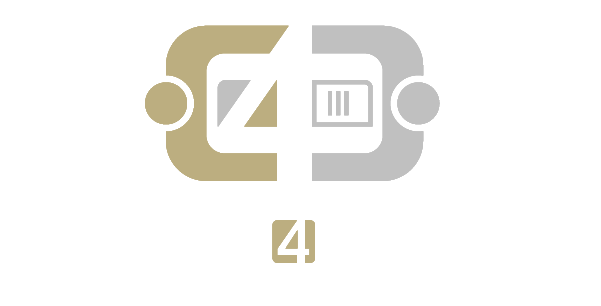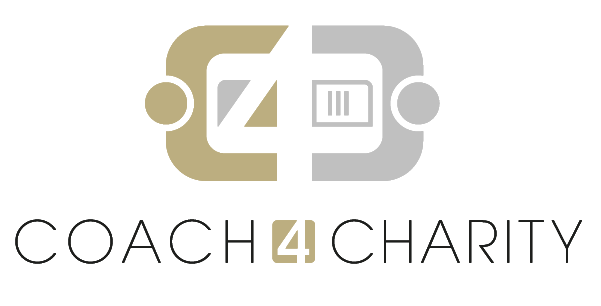
INTERVIEW WITH CINDY VAN DE KREKE-FREENS, PERSONAL AND PROFESSIONAL DEVELOPMENT COACH AT VALIANT CLINIC
You work as a Personal and Professional Development Coach at Valiant Clinic. What is Valiant Clinic and what does your job entail?
Valiant Clinic is the premium multi-specialty outpatient clinic in the UAE and the region, that offers world-class diagnostics, wellness and healthcare services with an emphasis on preventive care. Valiant Clinic is managed by Houston Methodist Global Health Care Services (the international subsidiary of the world-renowned Houston Methodist Hospital located in Houston, Texas, USA) and powered by Meraas, a Dubai-based holding company. The clinic marks Meraas’ entry into the healthcare field in its efforts to support the Dubai healthcare sector in fulfilling UAE vision 2021. I am the Personal and Professional Development Coach at Valiant Clinic, and a part of the wellness department. My mandate includes working with internal and external clients, along with the other dedicated physicians at the clinic, to help individuals reach a better place – mentally, emotionally, and physically.
It’s my passion and profession to empower clients, patients, employees, organizations and our community to take responsibility for their health, well-being and development by offering thought provoking coaching sessions, talks, awareness classes, interactive workshops and leadership journeys. My work consists of life coaching (including children); family coaching; couple coaching; training; executive coaching; team coaching; leadership coaching; as well as organization culture change.
You talk about CRRGlobal as systems coaching. Could you explain how it works?
System coaching doesn’t solely focus on the individuals, rather it treats the ‘system’ as an entity. For instance, when coaching a couple, the relationship or the ‘system’ is considered the third entity. This shift in focus on the relationship/system enables individuals, couples, families, leaders, teams and organizations to move beyond personal concerns and petty conflicts to a positive and generative (group/team/relationship) identity. The strength of this system’s identity provides resilience and the resources necessary to navigate the challenges and changes that we face constantly.
When individuals lean into seeing self and others as part of a system, they then have the ability to reinterpret their own and others as an expression of that system (the way of managing their relationship). This creates a sense of belonging to the system and a perception change making it more personal.
Unlike Emotional and Social Intelligence which focus on knowing the self and knowing self and others respectively, Relationship Systems Intelligence focuses on the relationship between the people in a system, which in turn has its own unique entity. Statements once perceived as personal opinions, are viewed as information about the system’s needs and state-of-being.
Coaching usually means driving people to change their attitude to reach specific results. Do you agree with this definition?
I believe that coaching goes further than just behavioral change (transactional coaching) to reach some results. Coaching is a thought-provoking process where a team of coaches teamup with a coachee (this can be an individual, a team, a group, a family) to go on a journey of self-discovery – unlocking and building potential for the sake of achieving positive and sustainable change.
I believe in transformational coaching, change from the inside out, changing from a place of living an authentic life in line with values, life purpose, tweaking old beliefs into more empowering beliefs to reach more fulfilment, balance and success. In the process individuals generally become less bothered by opinions of others and more grounded and comfortable with self and life.
Coaches also work to develop leadership in a person. How does this happen and do you think that everyone can be a leader?
Everyone is a leader. It’s about becoming aware, giving oneself permission to take charge whilst dealing with impact. The moment where we believe in the urgency or importance of something and we act on it, is when we become leaders.
Is there a difference in approach when coaching males females?
I don’t have a specific gender approach. Initially there may be a difference in approach, but not always. It depends on who the client is; what they want; and what works for them.
With males, I’d more often than not dive straight into a structured approach to get an understanding of their objectives; wanted outcomes; and context of the issues before moving to a free flow method. Whereas it’s usually easier to follow a free flow approach from the beginning with females and then get into structure. That being said, it really does depend on the individual – the process varies accordingly.
You also coach organizations. What is the difference between coaching organizations and individuals?
Well, I coach executives within organizations. This often means that initially the main objectives are work related. However, as a co-active and systems coach, I coach their whole life and systems, so they are able to coach themselves and others when we complete our journey together.
When I coach an individual, the focus is on the individual and his/her being, experiences, growth, progress and results. The individual is at the center of the discussions – not their issues or challenges. On the other hand, when coaching an organization, the organization becomes the client. The needs of that organization are at the center of all discussions and all efforts would be geared towards achieving needs of the organization, taking individuals’ inputs into consideration.
All individuals are important, have a role to play and are part of the system. Coaching an organization means working on different levels and often involves working with different teams. A combination of executive/individual leadership coaching; team coaching; workshops; and classes, as well as diagnostic tools to measure start, middle and end are examples of a mixes used in the process.
What would you suggest someone who’s interested in becoming a coach to study?
I recommend:
- Get coached by 2 people from different coaching schools;
- Book the first module – the coaching fundamentals, with CTI;
- Take all 5 modules (15 days in total, very hands-on) and take part in the certification program (6 months), to become a certified professional co-active coach (also eligible for ACC with International Coach Federation);
- Continue further development depending on your interest, skills and competencies (experience and expertise), and vision (what you want)
What is your next project in coaching?
My next project is designing and rolling out new and unique workshops for our clinic encompassing physical, mental, emotional and social health, well-being and development, raising awareness and empowering our clients from a systems approach. Underlining that behaviour is not automatic, and that our mind needs consciousness and intentional actions and that our potential is magical and endless.







